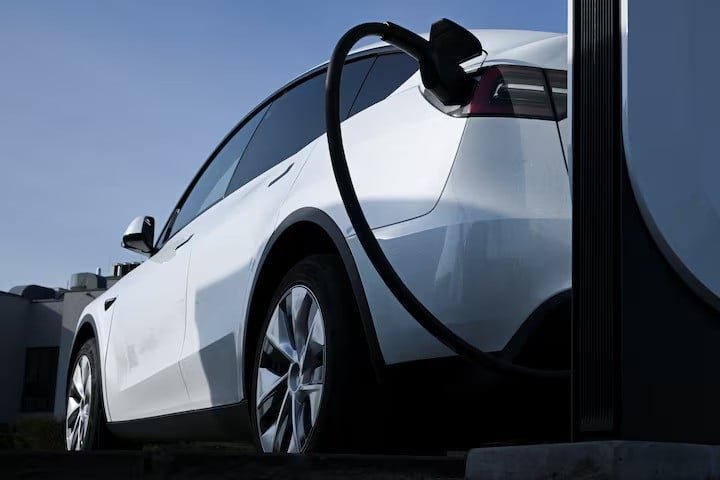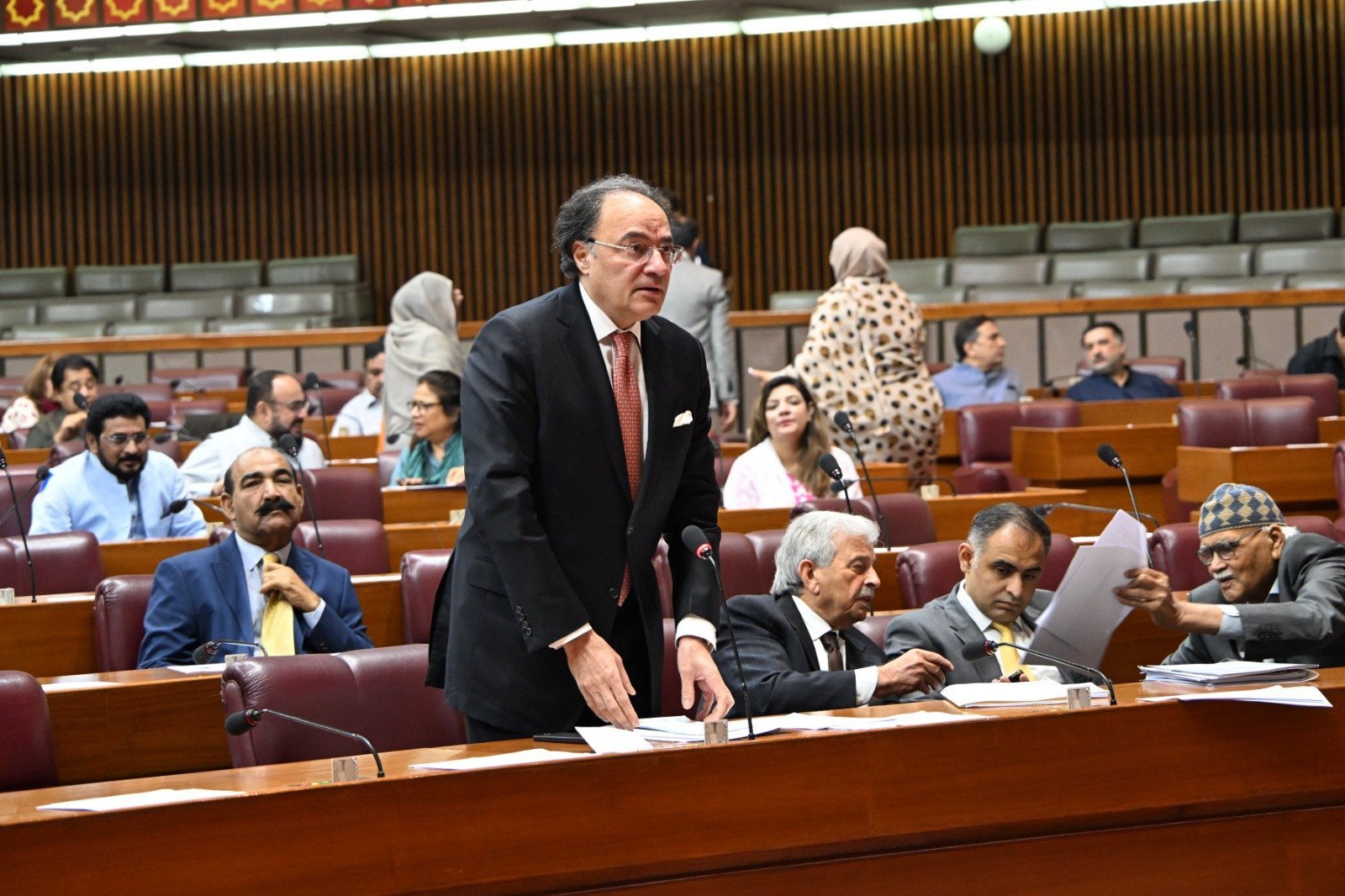Accelerating Electric Vehicle Adoption in Pakistan: A Push Towards Greener Mobility
In a recent high-level meeting hosted by Pakistan’s Ministry of Climate Change and Environmental Coordination (MoCC&EC), the focus was on enhancing electric vehicle (EV) adoption across the country. With a compelling goal of achieving 30% EV penetration by 2030, the discussions aimed to tackle the challenges surrounding fossil fuel dependence.
The meeting, chaired by Secretary Aisha Humera Moriani, presented a common concern: the inadequate EV charging infrastructure, especially in urban centers. Moriani emphasized that "without major investments, the shift to electric mobility will be difficult." This statement hits home, especially considering that Pakistan has over 37 million fuel-powered vehicles, many of which are motorcycles.
Retrofitting existing petrol motorcycles to electric can be a game-changer. With nearly 29 million petrol motorcycles on the roads, transitioning to electric could significantly reduce emissions. As Muhammad Asif Sahibzada, Director General (Environment & Climate Change) at MoCC&EC, noted, standardized retrofitting could be a scalable, cost-effective solution.
Industry representatives voiced their concerns about the high upfront costs of EVs and the scarcity of charging stations. To overcome these hurdles, it’s essential to not only develop the necessary infrastructure but also provide financial incentives for consumers. The ministry is exploring partnerships with financial institutions to facilitate consumer-friendly EV financing options, making electric mobility more accessible.
Moreover, there’s a deliberate shift from importing Completely Built Units (CBUs) to locally assembling Completely Knocked Down (CKD) vehicles. This move aims to lower costs, boost domestic industry, and create green job opportunities, benefiting both the economy and the environment.
Finally, a strong regulatory framework for motorcycle retrofitting is crucial to ensure safety, quality, and legal clarity for service providers and consumers alike.
The journey towards a greener future in Pakistan is underway, but it requires collaborative effort and commitment from all stakeholders. If you’re looking for more insights on sustainable mobility and electric vehicles, engaging with organizations like Pro21st can provide valuable resources and connections. Let’s work together towards a cleaner, more sustainable future!





